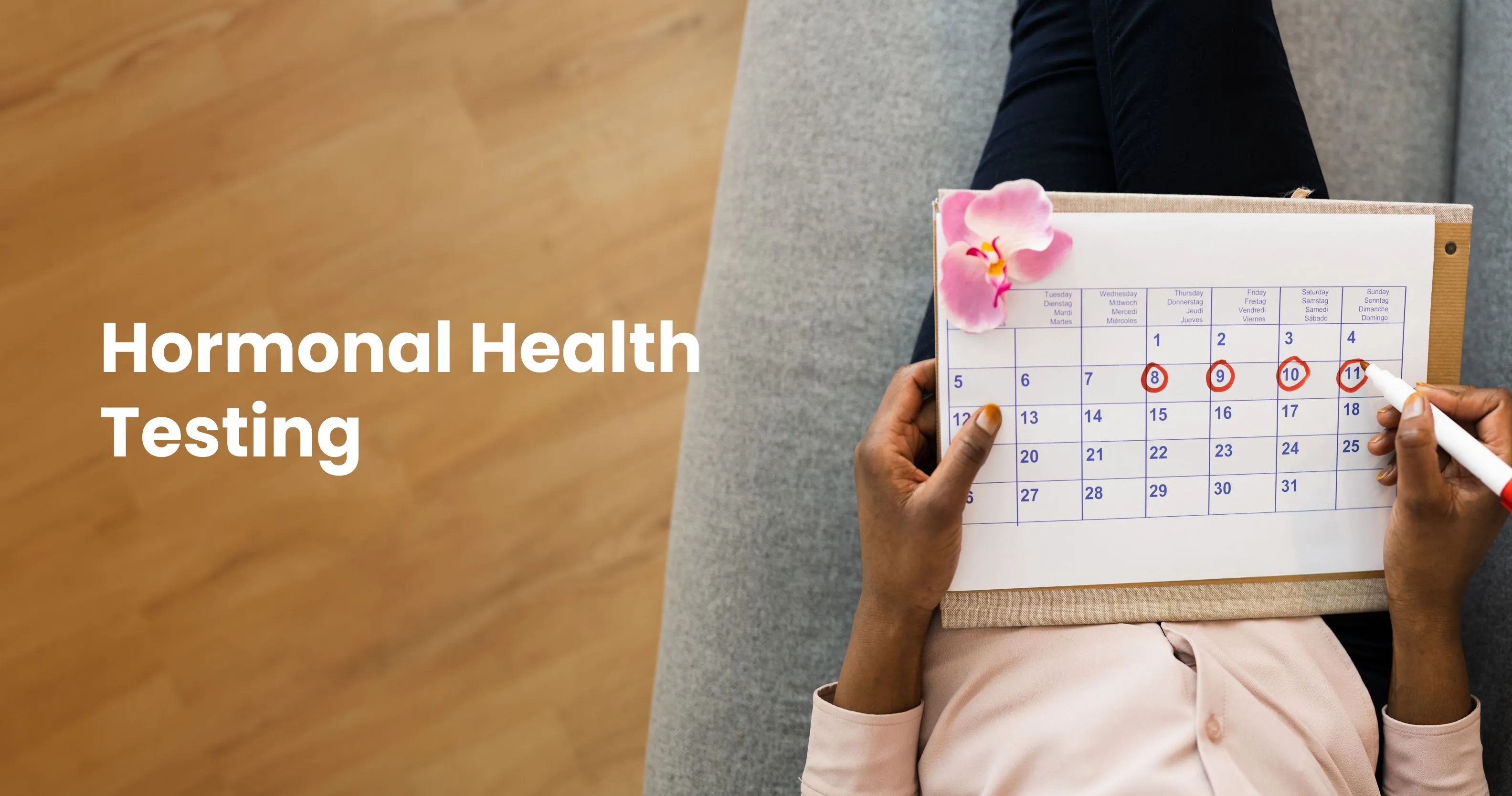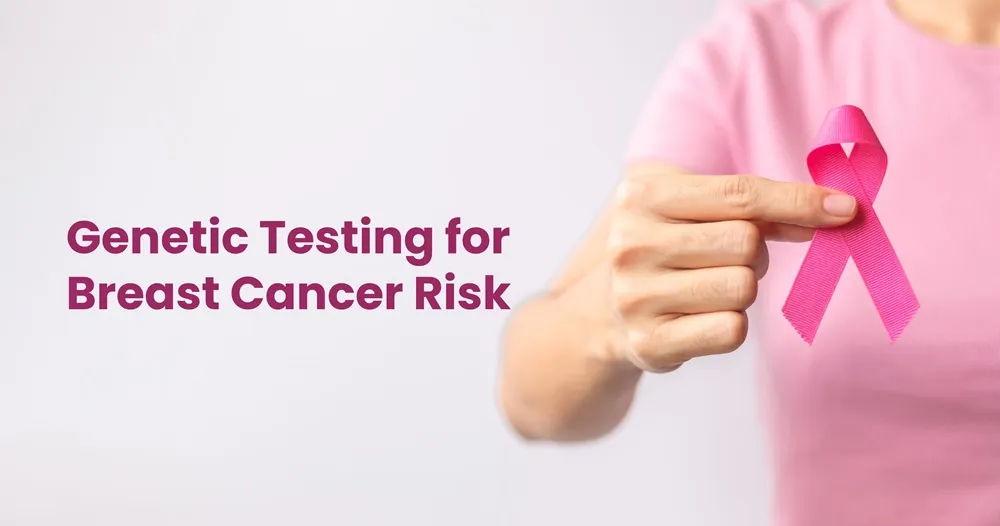Tips to prevent an allergy
Jun 03, 2020
To help prevent an allergic reaction, have an allergy management plan. As allergic reactions differ from individual to individual and can be triggered by a range of substances, it is best to document your allergy pattern. Make notes of your lifestyle, medication, personal and medical history to identify allergy triggers, times and reaction. Work with your doctor to create an allergy management plan that would help minimize the discomfort that your allergies cause. While seeking professional help is the ideal choice, you could also adopt some simple techniques to keep allergies at bay. Depending on the nature of your allergy you could also adopt some preventive measures.
Limit exposure to pets - Keep pets out of the home or prefer pets which don’t have fur or feathers like fish or turtles. It is advisable to not use carpets, bare walls and floor is ideal. Use a vacuum cleaner with a HEPA filter and use a mask while vacuuming. After prolonged exposure to pets wash your clothes with hot water. Adding an air cleaner to a central heating or air conditioning system could help remove pet allergens from the air. Request someone who doesn’t have a pet allergy to help brushing or bathing the pet.
have fur or feathers like fish or turtles. It is advisable to not use carpets, bare walls and floor is ideal. Use a vacuum cleaner with a HEPA filter and use a mask while vacuuming. After prolonged exposure to pets wash your clothes with hot water. Adding an air cleaner to a central heating or air conditioning system could help remove pet allergens from the air. Request someone who doesn’t have a pet allergy to help brushing or bathing the pet.
Related Blog Post
Blog Categories
- Child Health
- Mens Health
- Women's Health
- Mental Health
- Health Myths & Facts
- Fitness
- Nutrition/Recipes
- Remedies
- Weight Management
- Stress Management
- Health Supplements
- Addiction Management
- Disease Management
- Allergy
- Anemia
- Arthritis
- Asthma
- Autoimmune Diseases
- Blood Pressure
- Cancer
- Deficiencies
- Dengue/Malaria/Chikungunya
- Diabetes
- Eye Problems
- Heart Diseases
- Hepatitis
- HIV/AIDS/STD
- Hormonal Imbalance
- Infection/Flu/Viral
- Kidney
- Liver
- Menstrual Problems
- Pregnancy
- Skin & Hair Problems
- Stomach Ailments
- Thyroid
- Others
- Health Checkups
- Diagnostics/Pathology
- Lifestyle & Wellness
- Covid
- Medical Tests
- Cholesterol
- Health Tips
- Parent Care/Old Age
- Lungs
- Food Intolerance







